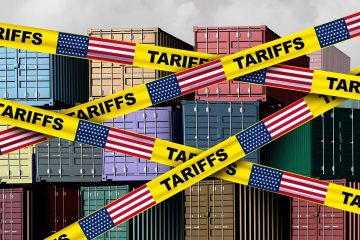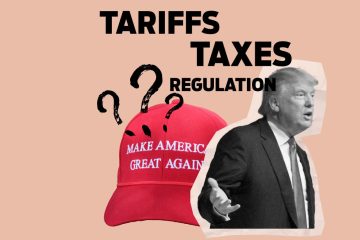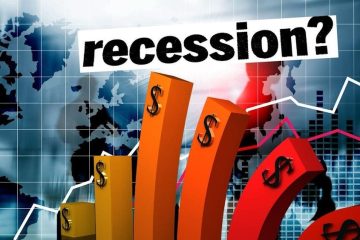Trump says all nations would face reciprocal tariffs on ‘Liberation Day’

The United States President Donald Trump has announced that the reciprocal tariffs that he plans to implement this week will be applicable to all nations, rather than being limited to a specific group of ten to fifteen countries that exhibit the most significant trade imbalances. This announcement comes as the global community are getting ready to celebrate Liberation Day. President Trump has stated that he intends to present a comprehensive tariff strategy on Wednesday, which he has referred to as “Liberation Day.” In addition to hiking levies on all imports coming from China, the administration has imposed tariffs on autos, steel, and aluminum. These tariffs have been enforced.
“You would begin with every nation,” Trump divulged to the press when he was on Air Force One. “Virtually all of the nations under discussion.” An economic adviser at the White House named Kevin Hassett recently informed Fox Business that the administration’s approach to tariffs will target ten to fifteen countries that have the most obvious trade imbalances. However, he abstained from mentioning specific nations in his statement.
Trump views tariffs as a mechanism for protecting the domestic economy from unfair international competition. At the same time, he employs tariffs as a strategic instrument for the purpose of negotiating trade agreements that are more advantageous to the United States.
The United States of America has implemented tariffs on aluminum, steel, and vehicles, in addition to increasing charges on all imports that originate from China, in response to the ongoing trade tensions that exist between the United States and China. It is anticipated that the tariffs will be applied universally across all nations, rather than being restricted to a certain group of ten to fifteen countries that are demonstrating the most significant trade imbalances.
In a nutshell, the broad tariff initiative that President Trump has proposed, which he has dubbed “Liberation Day,” aims to protect the domestic economy from unfair international competition and to obtain more favorable trade agreements for the United States. Instead of being restricted to a certain group of ten to fifteen countries that are characterized by severe trade imbalances, the tariffs will be imposed worldwide, meaning that they will cover all nations.









